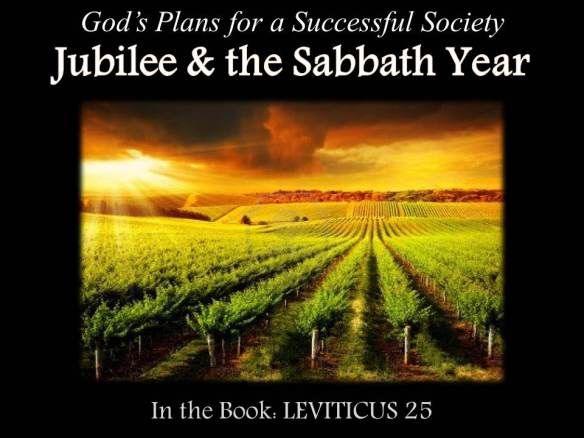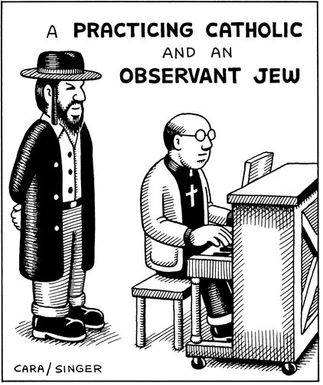
I recall a class that we had to take in veterinary school concerning ethics. As part of the class there was a discussion on what makes someone a “professional” in terms of their career choice. The standard answers were comments such that professionals were doctors, lawyers, accountants, etc. And, of course, veterinarians. Why? The implication was that these careers required advanced schooling. And most in the class, including the teacher, felt that this was correct.
However, being the rebel that I am, I disagreed. After all, people in other careers do not work for free. They are paid for what they do. Their jobs are not hobbies. And since they receive a salary, these are, in fact, professions for them. There obviously had to be some form of training for their job. Whether a plumber, electrician, truck driver, or whatever. As long as someone is paying you, you are doing the task professionally.
But, I had to admit that there was a bit of a difference, at least when it came to becoming a veterinarian. For most of us, the idea of working as a vet began to take shape early in our lives. For me it was late in high school but for my wife, and like many of our classmates, getting into veterinary school was a dream that was present for as long as they could remember. So, when the call came revealing that we were accepted in to the program, a new life began. Things would never be the same. It was certainly a “life changing experience” like few others in our lives.
For most of us, being a vet is what defines who we are. When people ask what you do or who you are, it is the same thing. For most of my life, my profession took front stage in most of what I did. It was the center of my life…or so I thought.
The veneer began to crack a little when I did my Cursillo weekend. I began to understand that the true center of my life could not be my job. It had to be God. And slowly over the next several years God began to occupy a greater percentage of my focus. Now, if you ask my wife about her perspective on this, she would say that riding motorcycles has been my main focus. There may be some truth there, but that is a reflection for another time.
Fast forward to this past June when I have essentially retired from veterinary medicine. I no longer own a practice, I no longer go to work everyday, and people don’t ask my opinion at parties as to why their dogs scratch or bark so much. And in some ways there is a bit of a void knowing that I no longer carry my identity as being a vet. With retirement, I do ride my motorcycles more, but I also took a part time job directing the confirmation program at church. I have taken the proverbial “leap of faith” into an unknown future. I am not sure where it will lead. A new career? Back to Vet Med? It is both scary and exciting at the same time.
In today’s first reading we read about how God established a Jubilee Year for the Israelites. This was a time where basically, everyone got a do over. If you sold land to someone, it reverted back to you in the 50th year. If you were a slave, you obtained your freedom during the Jubilee year, along with a forgiveness of debt. In essence, everyone started over equally without a sense of property and wealth being continued in the same family from generation to generation.
Just before today’s reading, there was also a discussion of the “Sabbath Year”. This was a similar concept as the Jubilee year but it focused on the land. How every 7th year the Israelites were told not to plant or reap from their fields. Like the Sabbath Day being a day of rest for the people, the Sabbath Year was a year of rest for the property. They were to just gather what they needed for family, slaves and livestock.
What was interesting, and also reflected that same leap of faith that I referred to earlier, was that God instructed the Israelites to plant extra in the 6th year to cover the next three years while they waited for the newly planted crops to begin to again yield produce. They had to trust that God would provide for them during the time of the Sabbath year and beyond. They could not rely on their own skills during this time since they could not sow new crops. They had to rely on God providing.
Successful farmers, like successful veterinarians, I believe are Type A personalities. We feel like only we can do things correctly and do not leave important tasks to others. We plan, consider, plan some more then carry out that plan. But during the Sabbath Year, and during retirement, we must surrender each day to another power to take us where He wants to. The key is being open to direction. To not be so self-reliant that we miss the signals and the guideposts along the way. And to trust that God will provide.
I think that same Leap of Faith was present in John the Baptist. He saw wrong doing in what Herod and Herodias were doing with Herod marrying Herodias, who was Herod’s brother’s (Phillip) wife. This was expressly forbidden in the Torah (Leviticus 18:16 and 20:21). John knew the potential consequences of his declaration to Herod, and he paid with his life, as Herod had him beheaded at the request of Herodias through her daughter’s wish.
Today is the feast day of several martyrs such as Blessed Lopez y Lopez and Francesco Sanchez who were among the many clergy killed by anti-religious elements during the Spanish Civil War. With their lives focused on serving God, they trusted that, even with death, they would be delivered to a better place. They had faith enough to allow God’s will to work through them regardless of the outcome. As did the Hebrew farmers working through the Sabbath Year.
Looking at these comparisons with true martyrs on the outcomes of their leaps of faith, it does seem to make changing gears as I move into retirement seem a bit like child’s play. Here’s to all you “professionals” out there…no matter how you earn your living. May you reflect God’s will in all you do.
I also had to share this cartoon I got from a friend recently. Hope you found it as amusing as I did. :

